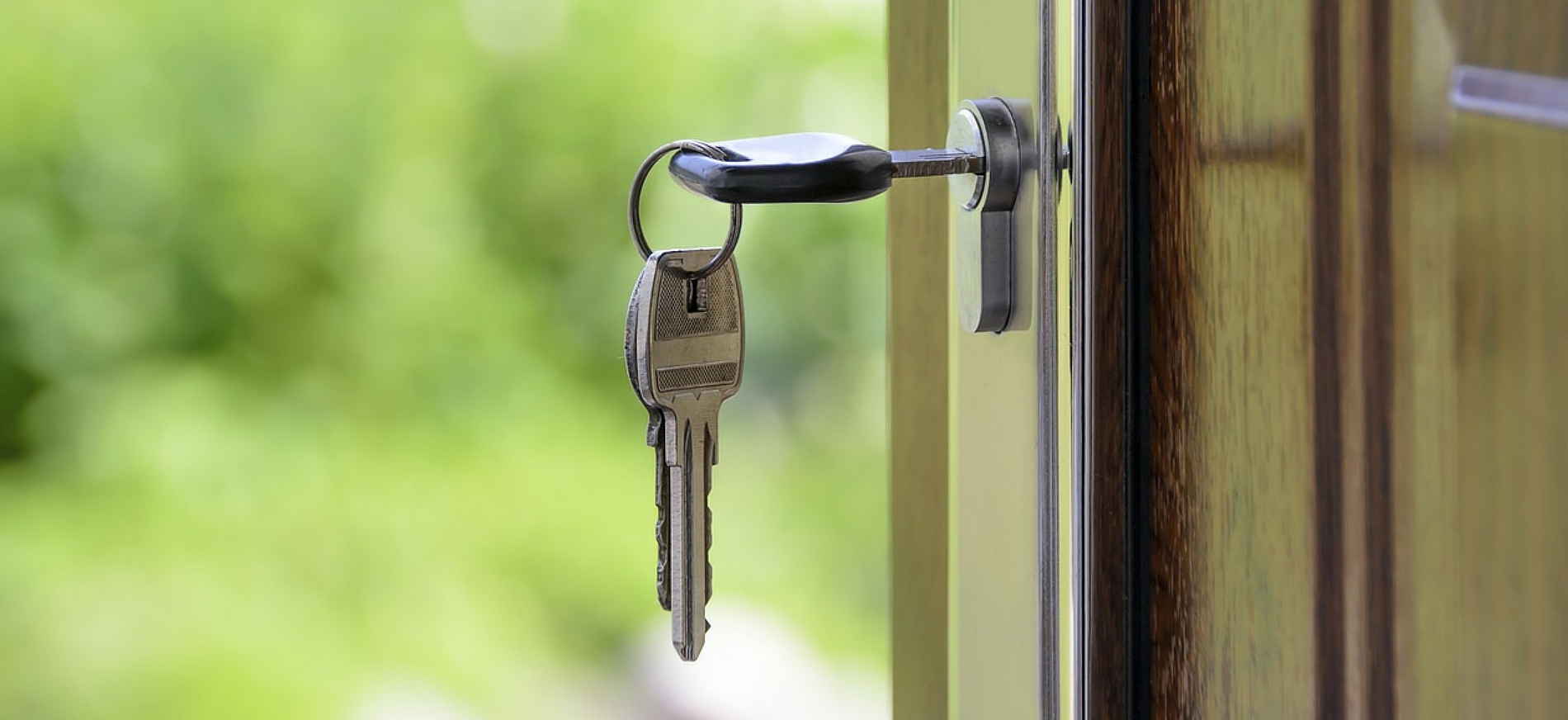BLOG
Your Rights as a Renter: A Guide for College Students
By Tyler Hakes
Back to the blog
Signing into a rental agreement can be a bit scary. Especially if it’s your first time doing so.
All of the legalese may feel overwhelming–what exactly are you agreeing to? In our College Student’s Definitive Guide to Rental Agreements, you’ll find a detailed break down of everything you need to know about the agreement itself and what statements to watch out for.
In this guide, we will outline the basic rights that you maintain as a renter. It covers the broad protections that are common in most states and communities. But it is not comprehensive. Many states and cities have variations of rental laws which will change the specifics of your rights as a tenant depending on statutes and established legal precedent.
If you have any question about your rights as a renter, it is always advised that you consult your local and state rental laws or consult with a rental attorney.
You can also find state-by-state information regarding tenant rights on the HUD website.
Attorney sources
We consulted with multiple attorneys from around the country to get insight into the breadth and specifics of renter’s rights. We also asked about common issues or overlooked rights that tenants have and may be unaware of.

Michael Vraa
Managing Attorney, HOME Line

Matthew L. Kreitzer
Managing Attorney, Booth & McCarthy in Winchester, VA
Deposit limits

Most states have clearly defined limits on the amount of deposit that can be requested as an upfront payment for rental properties. This is generally limited to the amount equal to two months rent and the cost of replacing the door lock. But some states further restrict this amount. If you feel that your rental agreement has an excessive deposit requirement, you should let your landlord know and may want to notify your local or regional housing authority.
Deposit record of condition

If your rental agreement stipulates that you will be paying a security deposit which can be used to pay for any damages or additional costs incurred at the time of move out, then you are legally entitled to provide a record of the condition of the rental at the time when you take possession. In this document, you will detail the existing condition of the rental unit–including any existing damage, carpet stains, nonworking appliance, or other conditions of the property.
This serves to protect you from being held liable for any damage or other property conditions which were already in existence prior to your moving in.
You can also document this through photos and then send the photos to yourself via email to prove the date they were taken.
Deposit refunds

You are entitled to receive a refund of your deposit up to the entire amount.
Your landlord is able to deduct costs for work or repairs performed after move out which do not qualify as “normal wear and tear”. They are also able to charge you for professional cleaning services, specifically if they were stipulated as a requirement upon move out and you did not provide proof that you paid for professional cleaning.
But your landlord should also be able to show why money was deducted. “[Tenants have] a right of accounting for monies withheld from your security deposit within varying times for repairs done to the property,” Mr. Kreitzer explains.
Lastly, your landlord must refund your deposit in a timely manner. Most states require that the deposit (or a portion of it) is returned within 30 days of the termination of a rental agreement.
Keep in mind that it’s your responsibility to provide instructions to your landlord or where to send your deposit refund.
Discrimination

As with all housing, it is illegal for tenants to be discriminated against on the basis of their race, gender, sexual orientation, religion, or any other protected class. Limitations on this essentially universal. It can be very difficult to prove such discrimination is occurring, but if you feel that you have been unfairly discriminated against for any of these reasons you should seek legal counsel.
Contact your local or regional fair housing authority for help with matters of discrimination.
Eviction procedure

Even if you have failed to pay your rent or are otherwise evicted from the property, you still have rights.
It’s illegal pretty much everywhere for a landlord to do a lockout or otherwise bar you from entrance without going through a legal eviction procedure, including giving you proper notice of eviction and properly handling your belongings. In some states, landlords are even required to store your possessions in the event of an eviction. In other states, they are able to place them on the curb outside of the residence.
In some areas, it is even required that the landlord goes through the courts to formalize an eviction.
No matter the case, if you find yourself in this unfortunate circumstance, you should know your rights and be sure that you are treated fairly and legally.
Livable conditions

Your landlord is required, by law, to maintain a livable space that meets building and city codes. Although the specifics of this requirement can vary, there are some standard expectations that apply to rentals nationwide.
“In every state, there is some legal mechanism for getting a landlord to make needed repairs. Some places allow you to contact a local inspector who can write up a report that the landlord must comply with. In other cases, a written repair request may be necessary from the tenant to the landlord. Keep a copy of any written requests–they may be useful or even necessary later in court.”
Michael Vraa
Problems that may qualify a rental as being unlivable include:
- Insect or vermin infestation
- Mold, mildew, or water damage
- Non-working plumbing, heat, or electricity
- Broken doors or locks
- Sealed or inoperable windows
Mr. Kreitzer says that these kinds of self-help eviction cases are among the most common legal disputes he sees.
If your rental is not in compliance with these requirements, your landlord can be forced to remedy the situation and/or provide alternative housing for you. If you believe your rental is unfit and your landlord is refusing to or delaying a remedy for the situation, you can contact your state’s consumer protection agency to learn about options and assistance.
Property access and privacy

In nearly every state, tenants have a right to privacy in their rental unit.
Except in cases of emergency, your rental agreement should outline clear standards by which your landlord is allowed to have access to your rental.
In most cases, this means that your landlord is required to provide written notice of intent to enter at least 24 hours in advance, and they are generally required to make reasonable accommodations for circumstances that would prevent entry within that timeframe.
Rent costs

If you’ve signed a lease, then the cost of rent is fixed for the duration of that agreement.
It is a binding agreement and your landlord cannot decide to raise rent in the middle of your lease. If your rental is month to month, then the landlord is able to change rent prices but your agreement is likely to still outline that they are required to provide adequate notice of such a change.
Receipt of payment

For any payment you make to a landlord, you are entitled to a receipt.
This may seem unnecessary, but it can offer you a huge protection if your landlord or rental company asserts that you did not make a payment. It’s in your best interest to request and maintain a paper receipt of all transactions–including deposits and rental payments.
Share this article:

